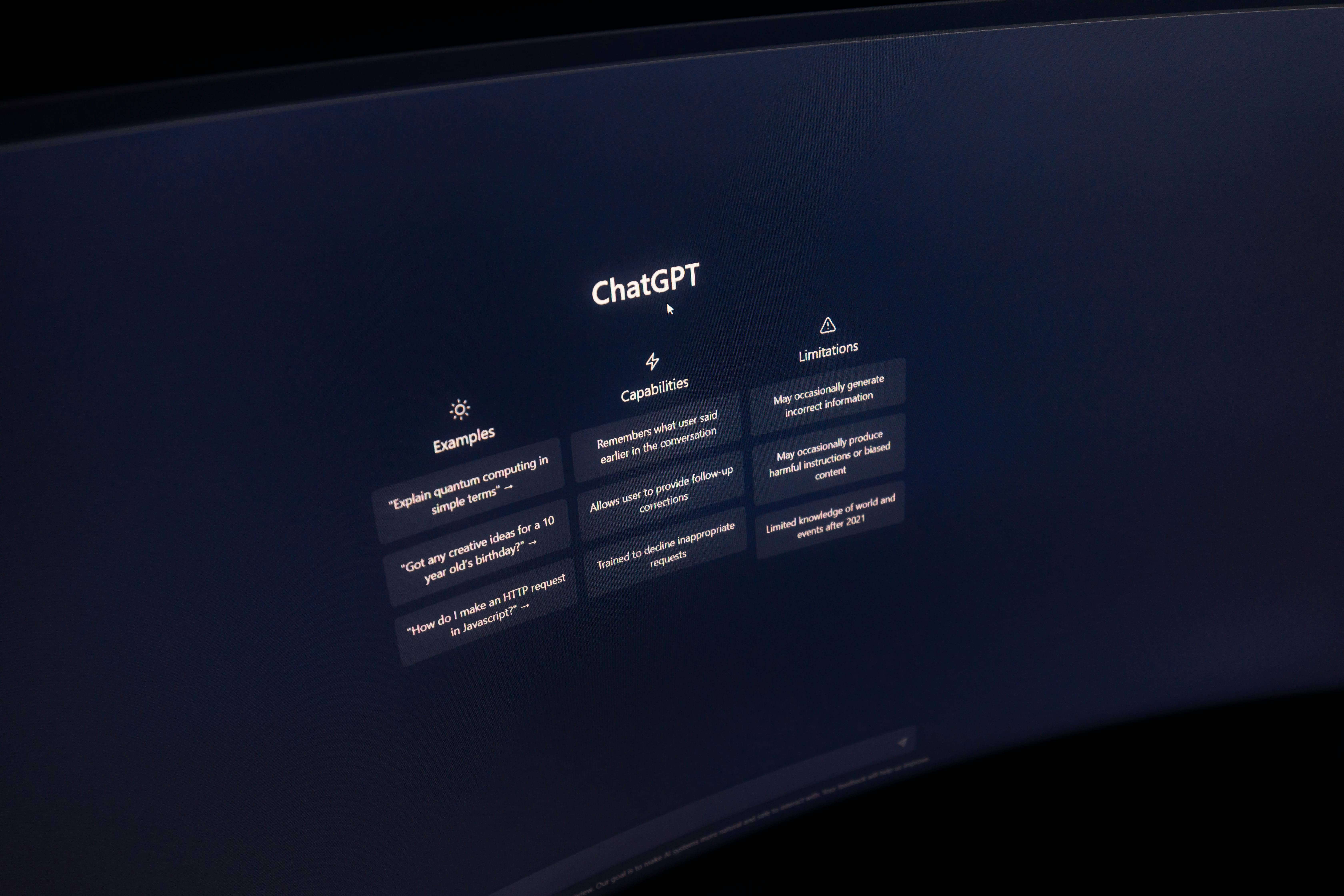In today's interconnected global economy, businesses and law firms routinely navigate cross-border deals, international litigation, and multilingual contracts. But here's a sobering reality: a single mistranslated word in a legal document can unravel years of negotiation, spark costly disputes, or even invalidate an entire agreement. Legal document translation isn't just about converting text from one language to another—it's about preserving intent, context, and enforceability across jurisdictions. For companies dealing in niche languages, the stakes are even higher, where cultural nuances and specialized terminology can make or break a case. That's why partnering with a niche language legal expert isn't a luxury; it's essential risk management.
The High Stakes of Legal Document Translation Errors
Legal documents like contracts, patents, and court filings demand precision because even minor inaccuracies can lead to severe consequences. According to industry reports, translation errors in legal contexts have triggered multimillion-dollar lawsuits and damaged reputations worldwide. The International Bar Association highlights that poor translations contribute to up to 20% of disputes in international arbitration, often escalating into prolonged litigation.
Consider the infamous case of Occidental Petroleum Corporation versus Ecuador in 2012. A poorly translated Ecuadorian Supreme Court judgment distorted the tribunal's understanding of local laws in a farmout agreement dispute. The result? Ecuador was initially ordered to pay $1.77 billion, which ballooned to $2.3 billion with interest. As one dissenting arbitrator noted, the translation flaws directly influenced the inflated award, underscoring how linguistic oversights can skew justice on a massive scale.
Another chilling example comes from the medical-legal realm, but with clear parallels to contract translation mishaps. In 1980, Willie Ramirez arrived at a Florida hospital with symptoms misinterpreted due to a Spanish-to-English error: "intoxicado" (meaning poisoned or having a reaction) was rendered as "intoxicated," implying substance abuse. This led to delayed treatment for a brain hemorrhage, leaving Ramirez quadriplegic and resulting in a $71 million malpractice settlement. While not purely contractual, it illustrates the domino effect of translation failures—imagine a similar slip in a liability clause within an international contract, invalidating protections and exposing parties to unforeseen liabilities.
Then there's the 2011 U.S.-Korea Free Trade Agreement, where rushed translations introduced 207 errors in the Korean version, including 128 mistranslated terms. The document had to be withdrawn from the National Assembly, revised, and reissued, delaying implementation and eroding trust. Such blunders aren't rare; a 2023 survey by the American Translators Association found that 15% of international business deals face complications from translation inaccuracies, with legal sectors reporting the highest incidence.
These cases aren't outliers—they're warnings. In niche languages like Amharic, Swahili, or lesser-spoken Asian dialects, where legal terminology lacks direct equivalents, the risk multiplies. A contract translation gone wrong can render agreements unenforceable, invite fraud claims, or trigger regulatory penalties, turning a routine transaction into a courtroom nightmare.
Why Niche Language Legal Experts Are Non-Negotiable
General translators might handle everyday documents, but legal translation requires deep domain knowledge. Niche language legal experts bring a blend of linguistic proficiency, juridical expertise, and cultural insight to ensure translations stand up in court. They understand that words like "force majeure" or "indemnification" carry jurisdiction-specific weights, and in small-language markets—think emerging economies in Africa or Southeast Asia—these subtleties are amplified.
What sets these specialists apart? First, they often hold legal qualifications themselves, allowing them to interpret clauses with the precision of a lawyer. Second, they adhere to rigorous quality controls, including multiple review layers and certified glossaries tailored to the client's industry. Third, confidentiality is ironclad; top firms use encrypted platforms and non-disclosure agreements (NDAs) that protect sensitive data from leaks, addressing a core pain point for legal clients who can't afford breaches in high-stakes matters.
Data backs this up: A 2024 study by the Localization Industry Standards Association revealed that projects handled by certified legal translators had a 95% success rate in avoiding disputes, compared to just 70% for non-specialized services. For businesses expanding into regions with niche languages, skimping on expertise isn't just risky—it's potentially fatal to the deal.
Partnering with Proven Experts: The Artlangs Translation Advantage
When it comes to safeguarding your legal documents, companies like Artlangs Translation stand out as reliable allies. With years of focus on translation services across 230+ languages, Artlangs has built a reputation for handling complex projects that go beyond mere words. Their team, comprising translators with legal backgrounds, ensures that contract translations capture every nuance, whether it's a merger agreement in Mandarin or a patent filing in Arabic.
But Artlangs doesn't stop at legal docs. Their extensive experience in video localization, short drama subtitle adaptation, game localization, and multilingual dubbing for audiobooks and short films demonstrates a holistic approach to cultural adaptation. Take their work on international game launches: by localizing not just text but voiceovers and interfaces for diverse markets, they've helped clients avoid cultural missteps that could alienate users or invite legal challenges. Similarly, in video and audiobook projects, Artlangs has delivered seamless dubbing in niche languages, drawing on a portfolio of successful cases that include blockbuster short dramas viewed by millions globally.
This breadth of expertise translates directly to superior legal services. Artlangs employs strict confidentiality protocols—think ironclad NDAs and secure workflows—coupled with multilayered quality assurance processes that include peer reviews and client validations. Clients in the legal sector rave about how this setup has prevented costly revisions and ensured compliance in cross-border dealings. In an era where globalization demands agility, Artlangs' track record in diverse localization arenas proves they're equipped to handle the intricacies of niche language legal translation without missing a beat.
Safeguarding Your Future: Take Action Today
The message is clear: in legal document translation, especially for contracts in niche languages, cutting corners invites disaster. By investing in a niche language legal expert, you're not just translating words—you're protecting assets, reputations, and outcomes. If you're facing a multilingual legal challenge, reach out to specialists like Artlangs Translation. Their proven strategies and global reach can turn potential pitfalls into seamless successes. Don't let a "fatal" error derail your next big move—precision starts with the right partner.











